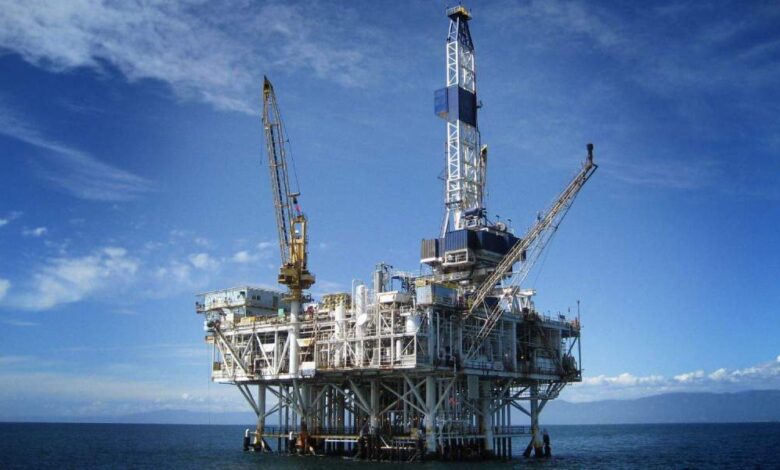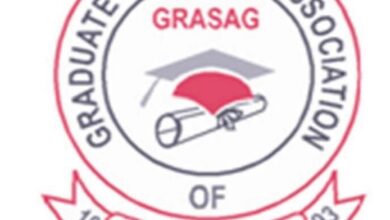This is where it gets sickening – COPEC boss slams Ghana’s oil export strategy

The Executive Director of the Chamber of Petroleum Consumers (COPEC), Duncan Amoah, has delivered a scathing critique of Ghana’s current oil and gas strategy, describing it as counterproductive and deeply flawed.
Speaking at the 2025 Citi Business Forum on Thursday, under the theme “The Global Tariffs Dispute: Navigating Ghana’s Recovery Strategy”, Amoah didn’t hold back as he condemned the country’s continued reliance on foreign nations for refined petroleum products, despite possessing its own hydrocarbon reserves.
“If as a country with hydrocarbons we cannot integrate the upstream, midstream and downstream to give our people competitive advantage, then I don’t know what we are doing. Because this is where it gets sickening,” he lamented.
Amoah was particularly critical of how International Oil Companies (IOCs) are allowed to extract Ghana’s crude oil, export it to the UK and Holland for refining, and then sell the refined products back to Ghana—costing the country hundreds of millions of dollars monthly.
“You produce all the hydrocarbons here, you allow the IOCs to ship everything back to the UK, to Holland. They go and refine and then midstream, we take USD400 million every single month to go and import the refined product back into the country… Eventually we are building their economies for them,” he said.
He called for a bold policy shift—one that would empower the Ghana National Petroleum Corporation (GNPC) to lead oil discovery, retain production blocs, and prioritize local refining, particularly at the Tema Oil Refinery (TOR) and beyond.
“I will be happy for a day to come when a leader says we’re going to use GNPC… to spearhead an oil discovery, we are keeping that bloc… we’ll refine locally—at TOR and build other refineries so that more people can get jobs to do.”
His remarks come at a time when Ghana’s energy sector is under increasing scrutiny, with analysts and citizens alike demanding reforms that align with economic independence and job creation.
Amoah’s impassioned call serves as both a warning and a challenge to policymakers: rethink the oil game plan or risk perpetuating a cycle that enriches others while Ghana struggles.





